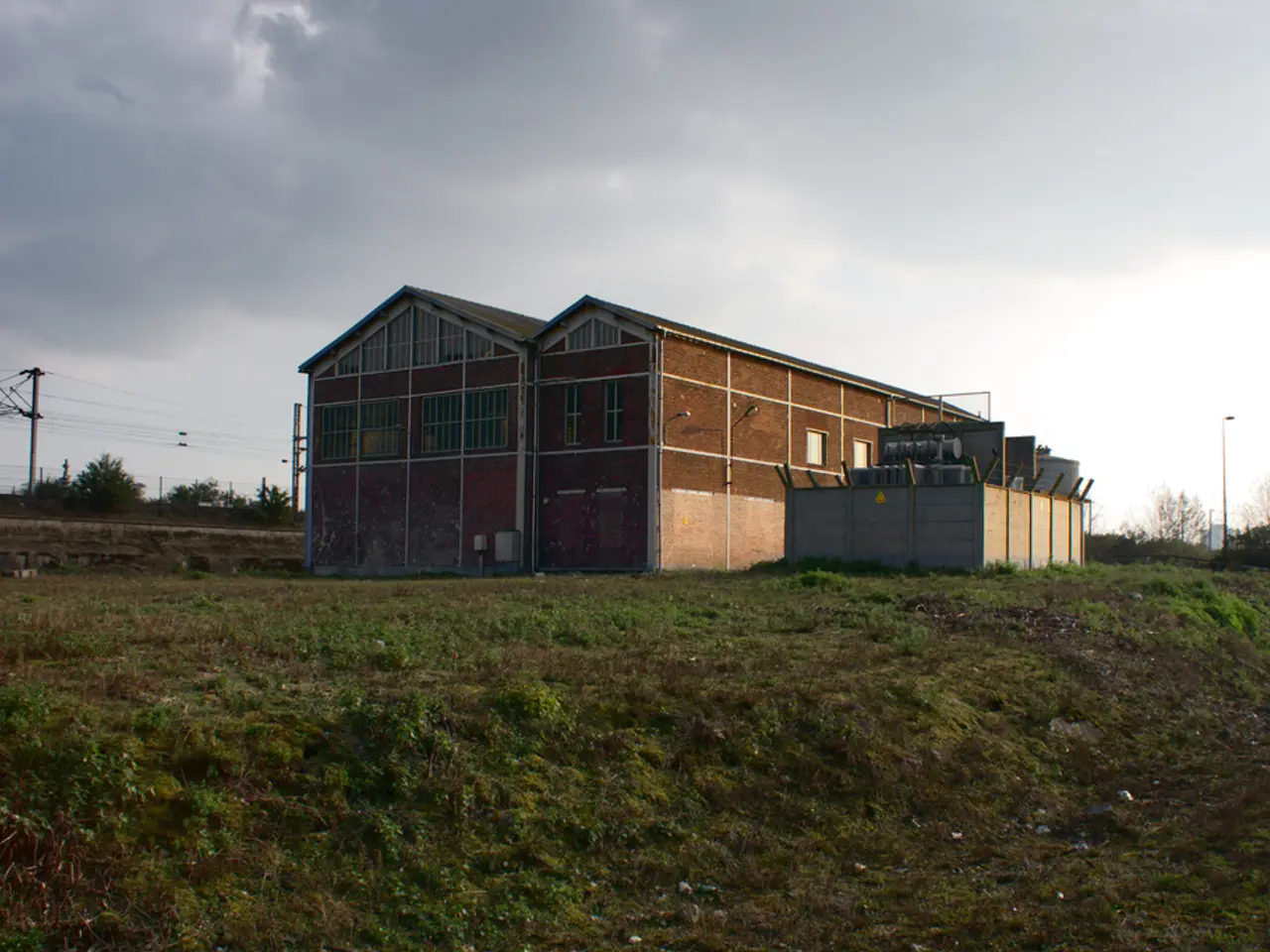Hurry! If you're planning to get a EV or install solar panels at home with funding from the federal government, act quickly - time is running short at a rapid pace.
**Federal Clean Energy Incentives Set to Expire by End of 2025**
Homeowners and electric vehicle (EV) buyers in the US have until the end of 2025 to take advantage of several federal tax incentives designed to promote clean energy adoption. The current incentives for solar panels, heat pumps, insulation, and EVs are set to expire or be significantly reduced by the end of 2025.
### Solar Panels
The Federal Investment Tax Credit (ITC) allows homeowners to claim 30% of the cost of their solar panel system as a credit against their federal taxes for projects installed and paid for by December 31, 2025. This means homeowners can reduce their tax bill by up to $3,000 for a $10,000 solar installation. Starting January 1, 2026, the residential solar tax credit will disappear completely.
To secure this incentive, individuals should complete installation and finalize payments by December 31, 2025. Homeowners must own their solar system to claim this credit; leased systems are generally not eligible for the 30% credit unless specific provisions apply.
### Heat Pumps and Other Energy Efficiency Incentives
Federal tax credits for heat pumps and other renewable or energy-efficient technologies will also expire in 2025. Homeowners who want to take advantage should act quickly to purchase and install systems before the end of 2025.
### Insulation and Energy Efficiency Improvements
Similar to heat pumps, tax incentives for energy efficiency improvements like insulation are part of the expiring clean energy incentives ending in 2025. These credits are being cut earlier than previously expected, so this year is critical for homeowners wanting to benefit from federal support.
### Electric Vehicles (EVs)
Federal tax credits for EV purchases are also being phased out or significantly reduced by late 2025. To secure these credits, potential EV buyers should complete their purchases and take delivery before the last quarter of 2025. Availability and delivery timing can affect eligibility, so early action is recommended.
### How to Secure These Incentives Before They Expire
To secure these incentives, homeowners and buyers should act promptly. Plan and schedule solar panel, heat pump, insulation, or EV purchases well before the end of 2025. Ensure full payment and installation completion by December 31, 2025, for solar and other home energy projects. For EVs, complete your purchase and take delivery before Q4 of 2025 to qualify.
Consult with tax professionals or installers to confirm eligibility and maximize claiming these credits before expiration. Avoid relying on lease or power purchase agreements for solar if qualifying for the credit is important, since ownership is generally required.
In addition to these federal incentives, some local utility companies offer incentives for technologies like heat pumps, residential solar, or insulation. Online tools like Rewiring America and The Switch can help people find federal, state, local, and utility company incentives for which they're qualified.
The end of these federal tax incentives could potentially reduce the pace of EV adoption and clean energy projects. Homeowners and buyers are encouraged to act promptly to take advantage of these benefits before they expire.
- The government's decision to phase out federal tax credits for electric vehicles (EVs) could impact the transportation sector, as potential buyers may need to act swiftly to purchase their preferred EV models before the end of 2025 to qualify for the current incentives.
- The looming expiration of federal stimulus measures like the Investment Tax Credit (ITC) for solar panels and credits for energy efficiency improvements such as heat pumps and insulation would likely affect the economy, particularly the housing and construction sectors, as homeowners would need to finalize their projects, including installation and payments, by the end of 2025 to benefit from the current incentives.






